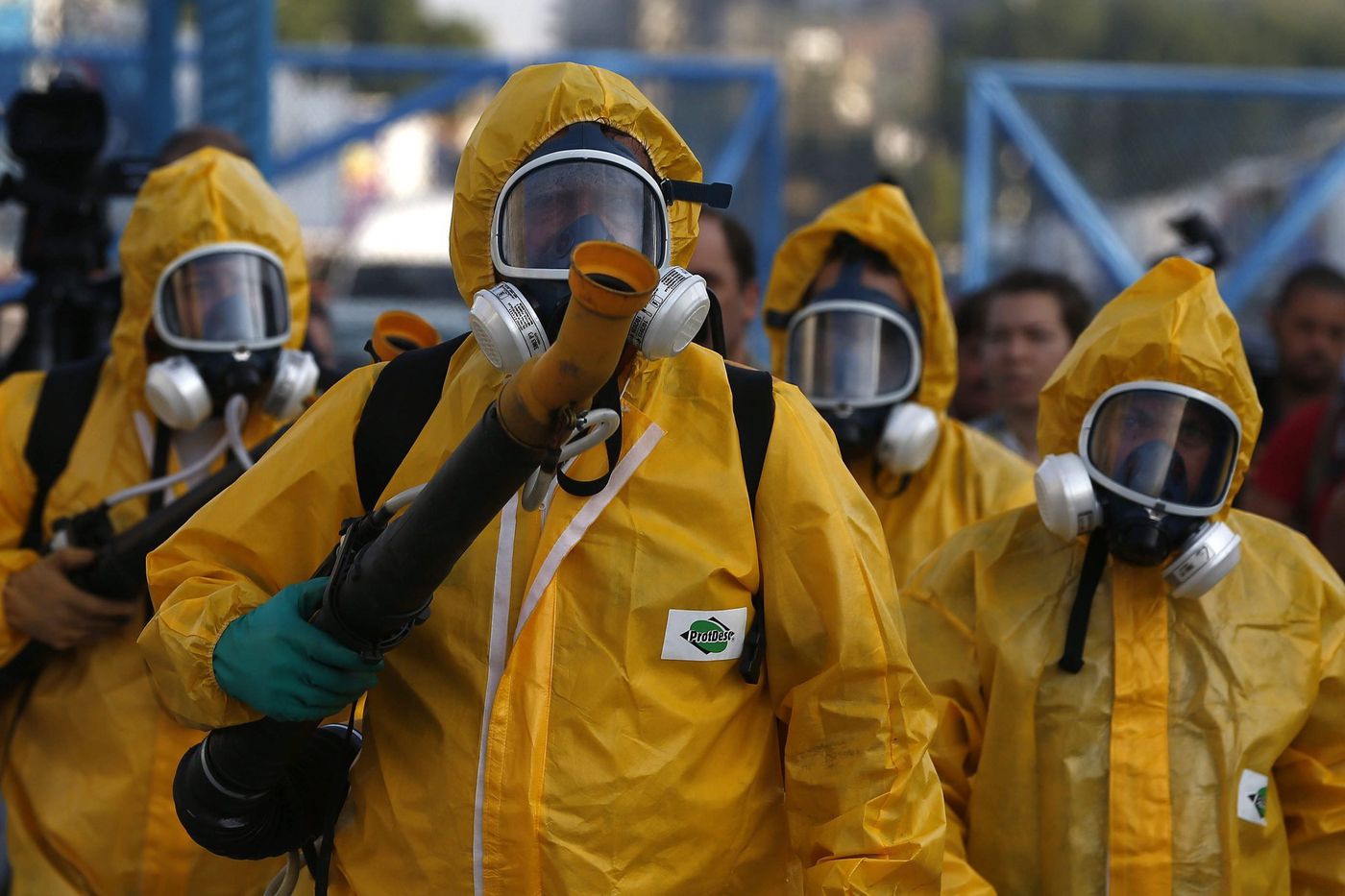
After Zika in Rio it is norovirus in Pyeongchang
Viruses are not leaving the Olympic Games alone. If Zika became the dreaded virus for those who went to Rio in Brazil for participation in the last summer Olympic Games in 2016, it is now norovirus creating problems for the organisers of the Pyeongchang 2018 Winter Olympic games. With just three days left to the opening ceremony of the Winter Games, there were visible changes at various venues, including the Main Press Centre, where automatic weapon wielding soldiers replaced security guards after large number of security men were reportedly hospitalised with suspected norovirus infections. According to officials at Korea Centers for Disease Control and Prevention and the PyeongChang Organizing Committee, only three out of 41 guards who suffered from diarrhea and vomiting were diagnosed with having the norovirus. They were reportedly staying at the Ho-lab Mountain Ode Youth Training Center in Pyeongchang. Media reports suggest that nearly 1,000 security guard employees at the training center would be investigated further for suspicion of the norovirus infection. The norovirus infections had hit the World Athletics Championship in London also. The norovirus is the most common cause of acute gastroenteritis, or infection of the stomach and intestines, due to food poisoning. Highly contagious and active at low temperatures, the norovirus causes stomach pain, nausea, diarrhoea and vomiting. People can get infected by eating or drinking contaminated substances, touching contaminated surfaces and coming into contact with an infected individual. With a 24- to 48-hour incubation period, the virus can also cause muscle aches, headaches and fever. In severe cases, one may feel dehydrated and experience severe abdominal pain. There is no available vaccine or treatment options for the virus. Patients usually recover within one to three days. Heating contaminated objects to 70 degrees Celsius for five minutes or 100 degress C for a minute can kill the virus.
